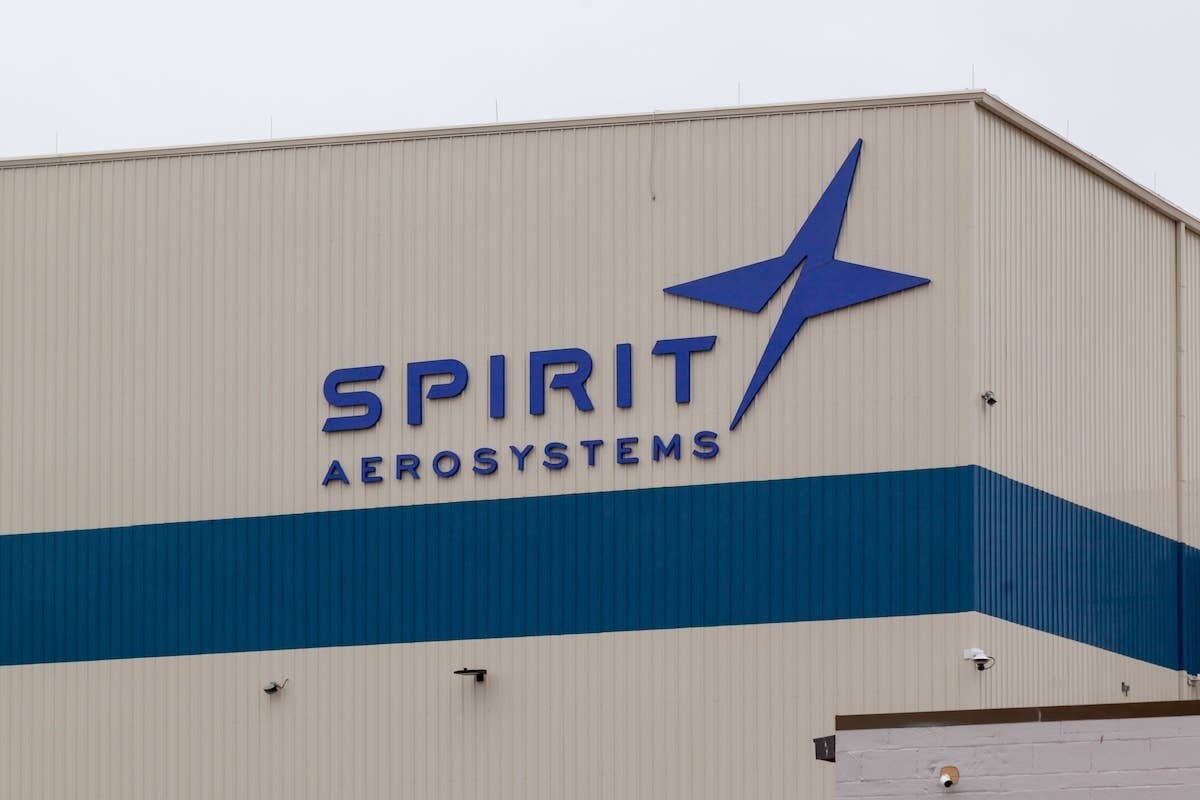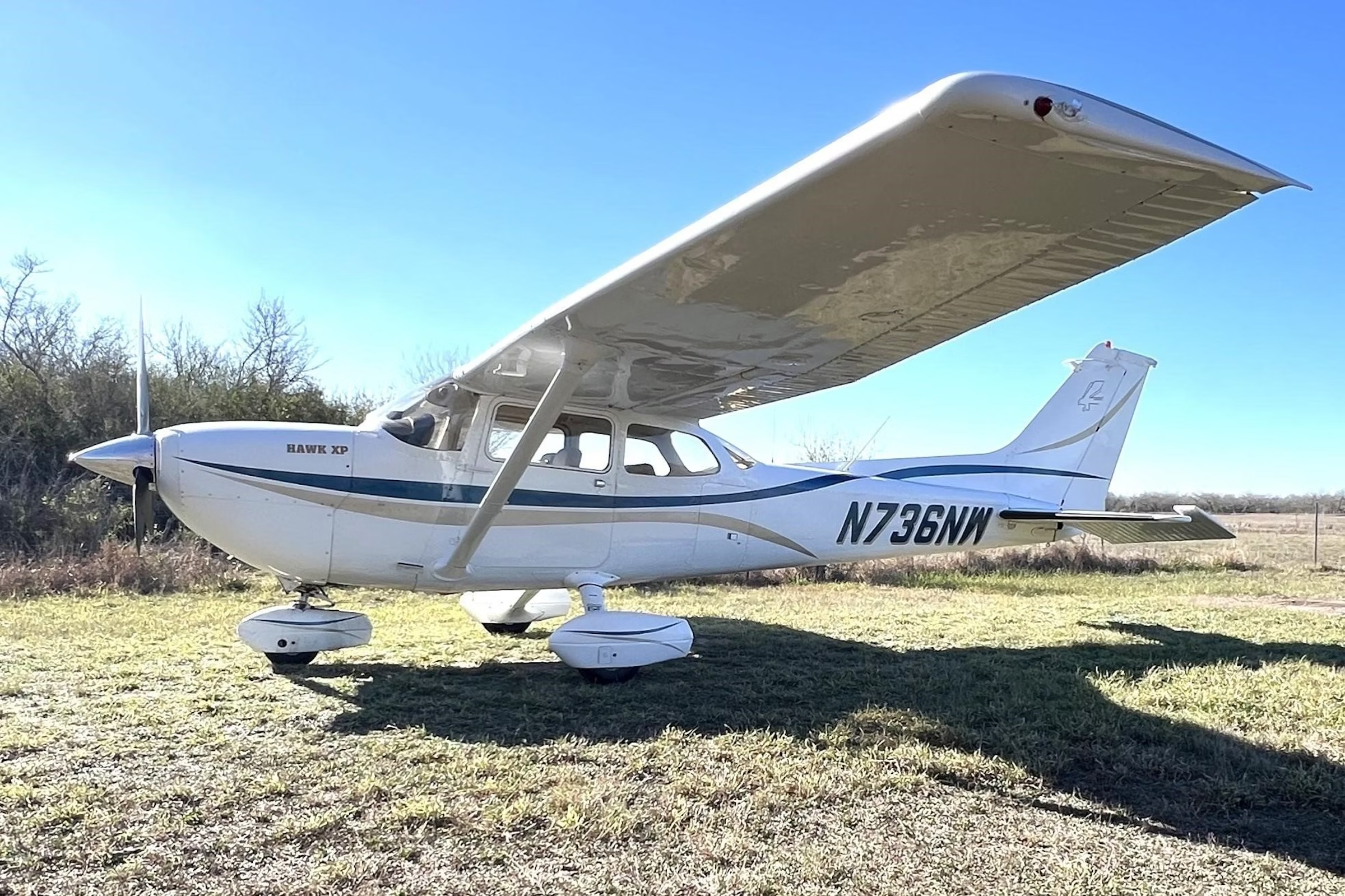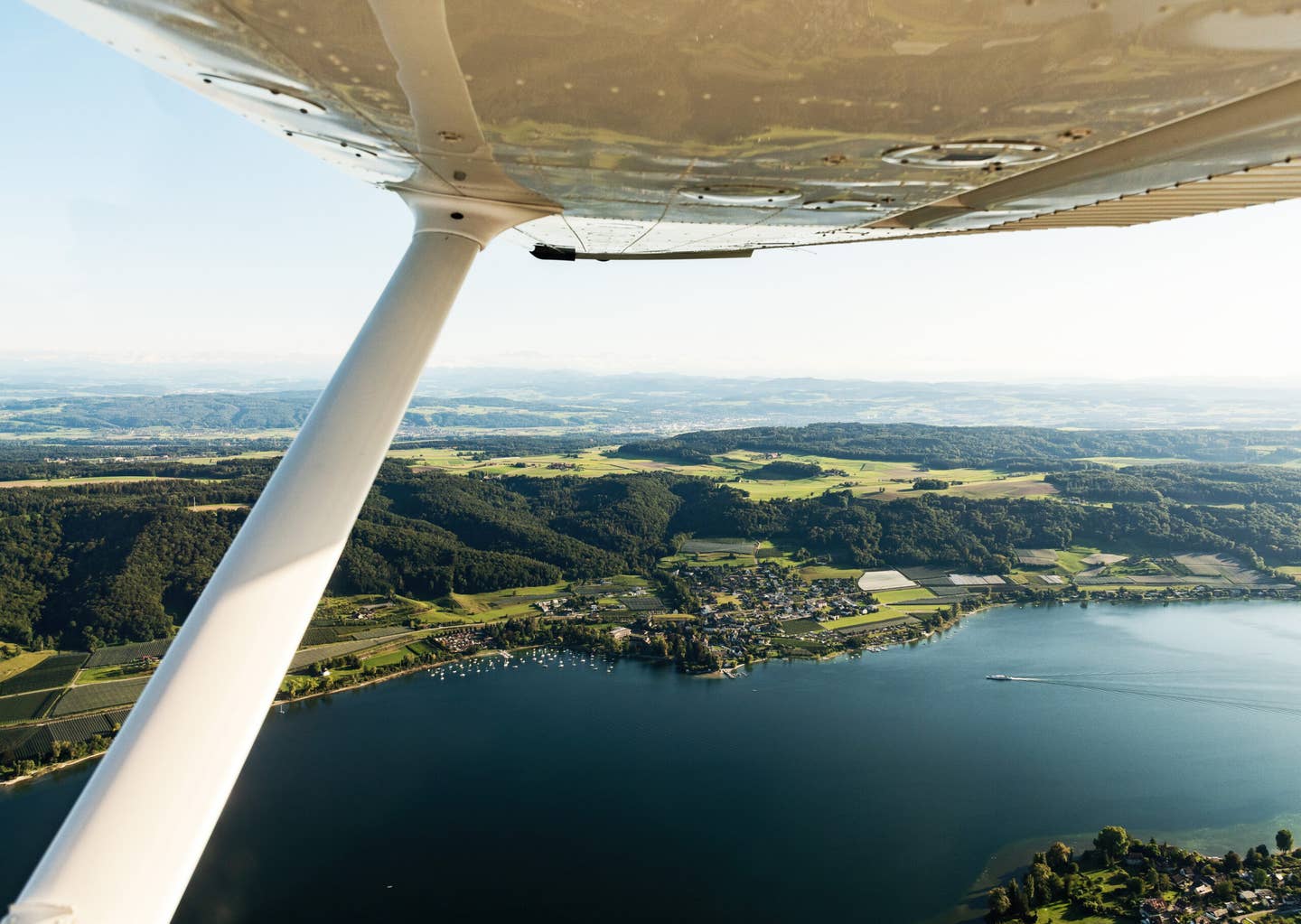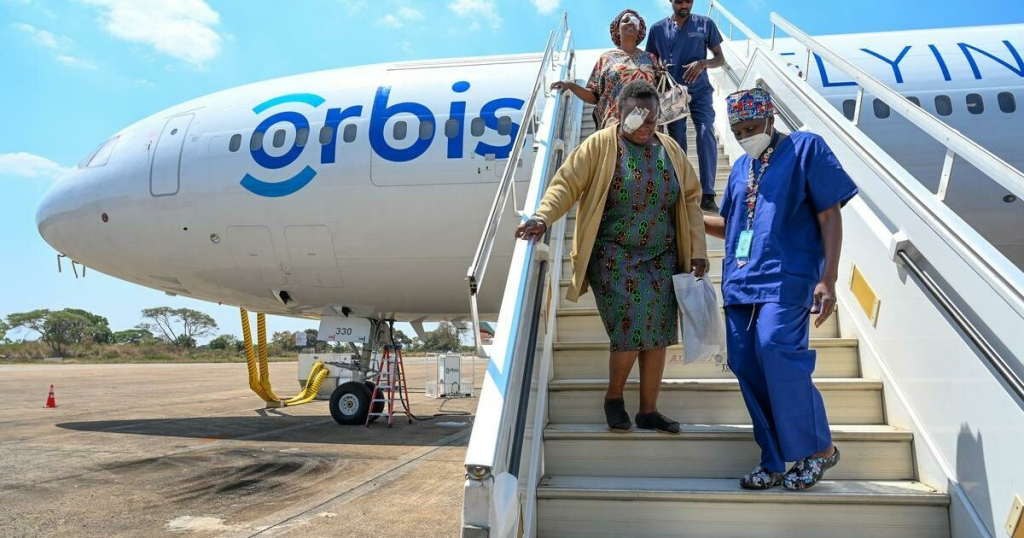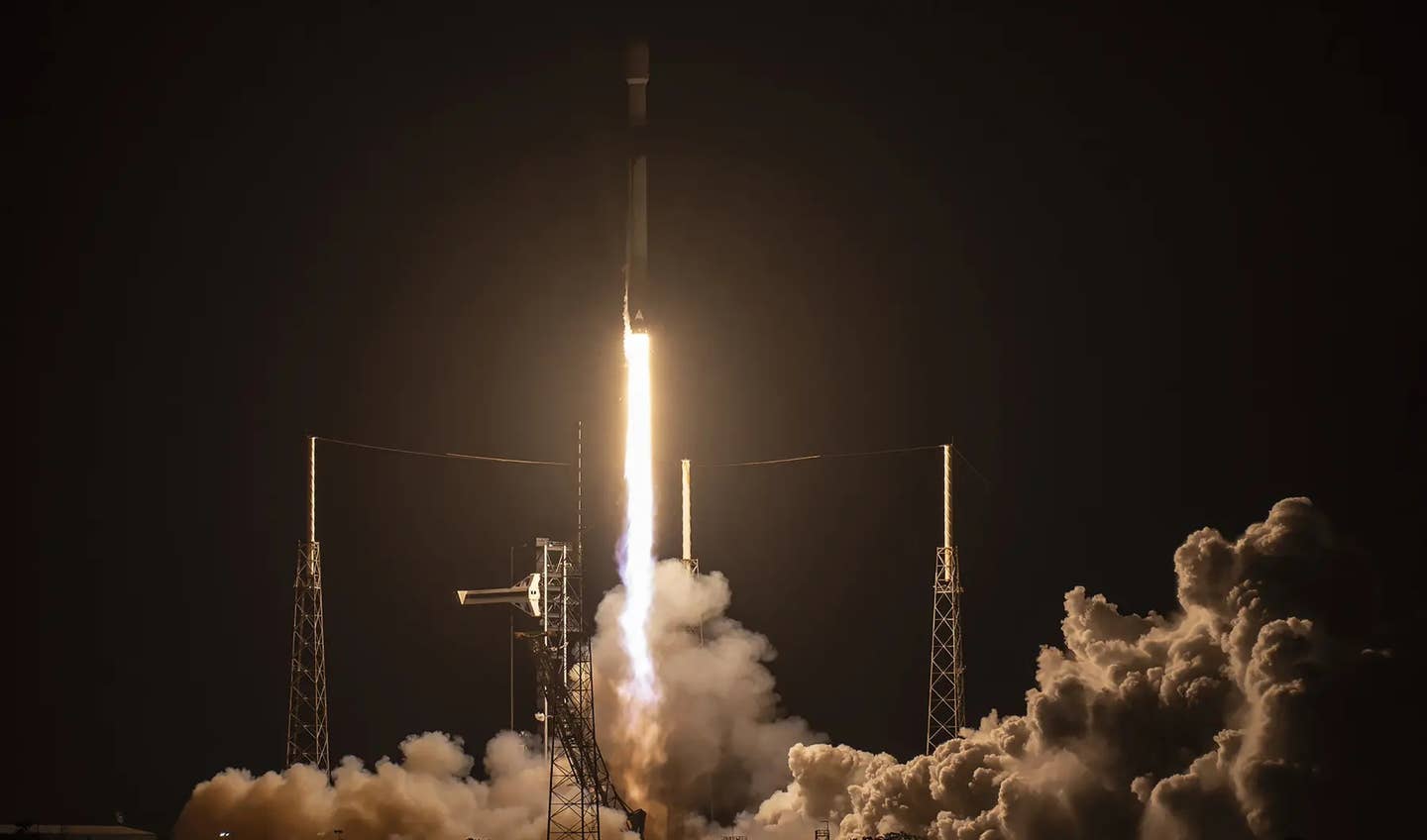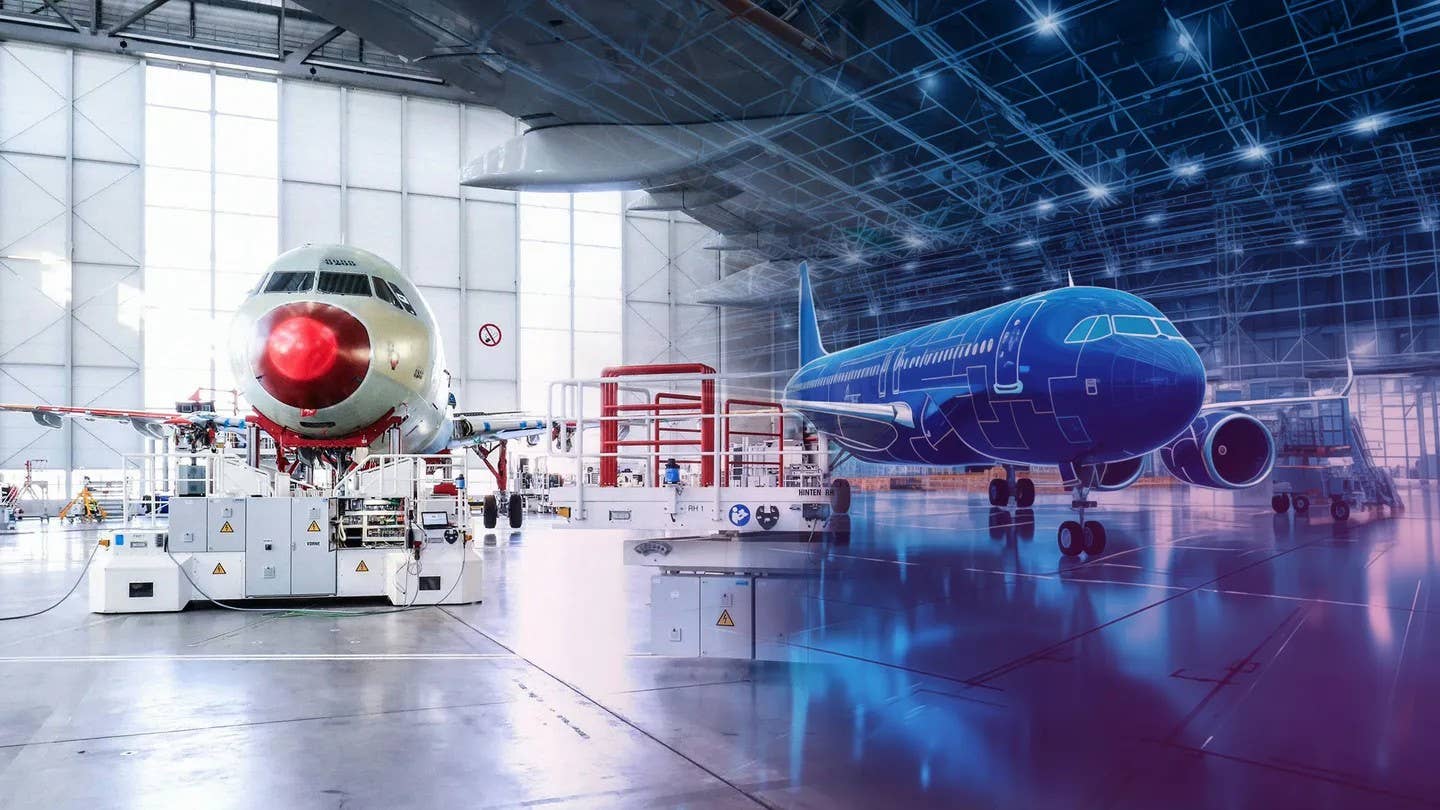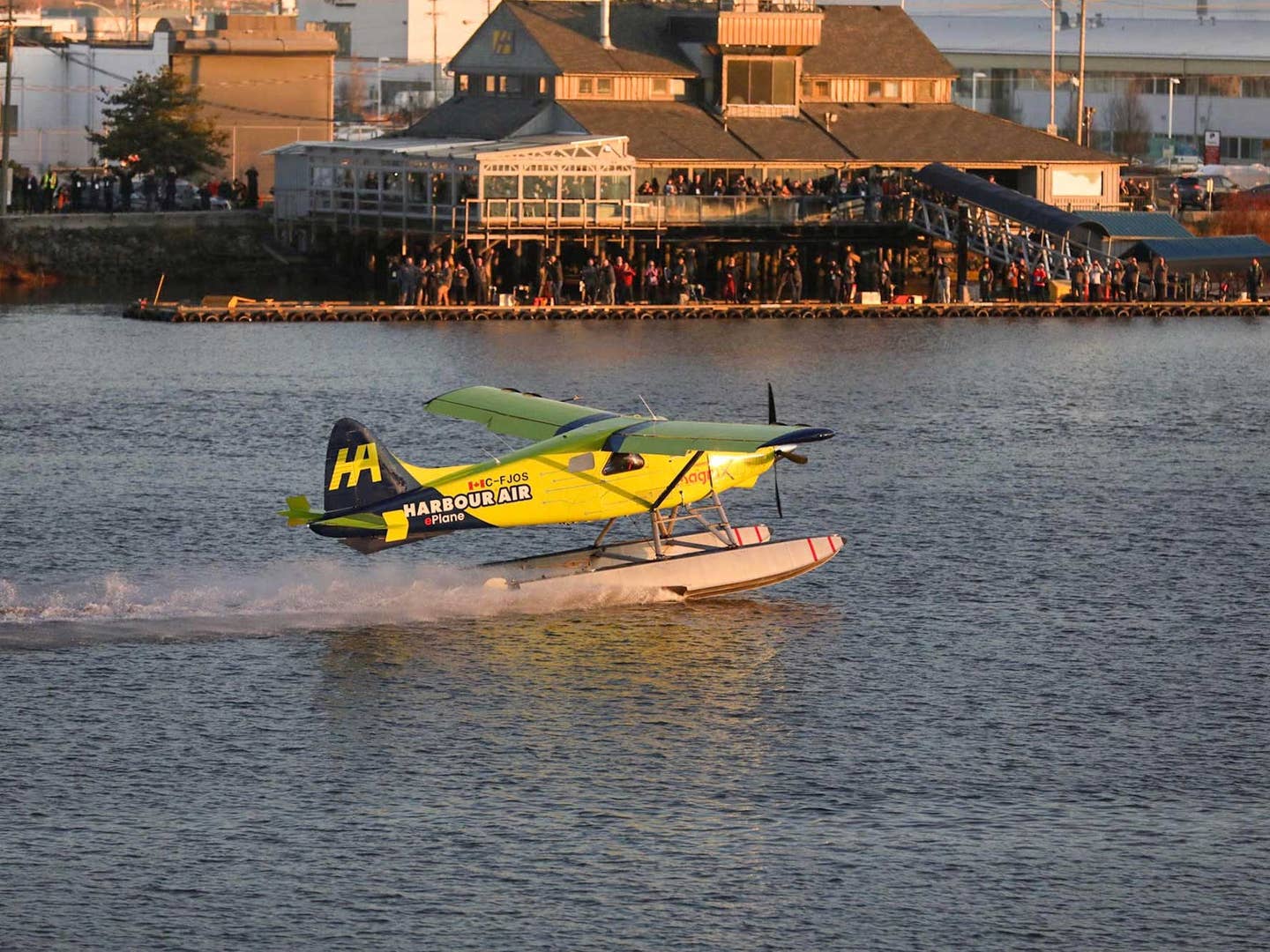
The magni650 electronic propulsion unit (EPU) will produce 850 shp. MagniX
After the success of two “real-world” flight test programs in a de Havilland Beaver on floats and Cessna 208B Grand Caravan, Everett, Washington-based MagniX has now unveiled two “optimized-for-flight” electric propulsion units (EPUs), the magni350 and magni650. Based on thousands of ground test and flight hours, these EPUs have been engineered for real-world commercial aviation applications to further accelerate the path to certification for electric aircraft and bring the future of electric aviation closer to reality.
In those two highly-publicized flight test programs, a de Havilland Beaver on floats operated by Harbour Air was retrofitted with a magni500, 750-horsepower EPU and made the world’s first flight as an all-electric commercially-focused aircraft in December 2019. In May 2020, the magni500 propulsion system also powered a 208B Cessna Grand Caravan at Moses Lake, Washington, to become the world’s biggest (thus far) all-electric commercially-focused aircraft to take to the skies. That 30-minute Grand Caravan flight consumed about $6 worth of electricity according to media reports.
“Based on real-world design, build, and operational testing, we’re making incredible strides to push the aviation industry forward and accelerate the rate at which aircraft become electric,” said Roei Ganzarski, CEO of MagniX. “The magni350 and magni650 EPUs will enable affordable, emission-free, and quieter flights to communities around the world in the very near future.”
The 450 shp/350kW/1600 Nm-class magni350 EPU and the larger 850 shp/650kW/3200 Nm-class magni650 EPU share flight-proven solutions and common-core architecture and utilize the new high-performance magniDrive-100, a 170kW inverter/motor controller power electronics unit. Operating at 2,300 rpm or less, the direct-drive EPUs are liquid-cooled and designed for 30,000 feet of altitude in unpressurized environments. Both systems can drive a propeller governor and standard aircraft accessories, all from the front cone of each motor, MagniX said.
“The magni350 and magni650 EPUs are excellent propulsion systems for middle-mile aircraft,” Ganzarski said. “Be it retrofits like the eBeaver and eCaravan or newly designed aircraft like the Eviation Alice or FaradAir BEHA, these EPUs have been designed with the aviation customer in mind. MagniX is now also working on a 2MW-class EPU for aircraft such as the Universal Hydrogen Dash-8.”
As MagniX works towards certification of their family of EPUs to enable a simple, reliable, and convenient adoption of all-electric power, the company said, “As consumers, we are used to things happening where and when we want. We value easy access to useful services and don’t expect to pay too much. At the same time, environmental awareness has increased. More and more people consider the external effects of their activities and are keen to limit their impact.”
According to MagniX, aviation’s estimated contribution to man-made carbon emissions will be 24 percent by 2050, and that 49 percent of flights in North America in 2019 were less than 500 miles in distance. With 80 percent lower operating costs per hour compared to aircraft burning fossil fuels while at the same time producing zero emissions, the MagniX EPU series will be what the company calls “future-ready.” When regulatory agency certification has been attained from FAA and worldwide, and as battery technology continues to advance, MagniX’s EPUs will be in a position to help power the electric aviation revolution that is gathering momentum around the globe.

Sign-up for newsletters & special offers!
Get the latest FLYING stories & special offers delivered directly to your inbox

